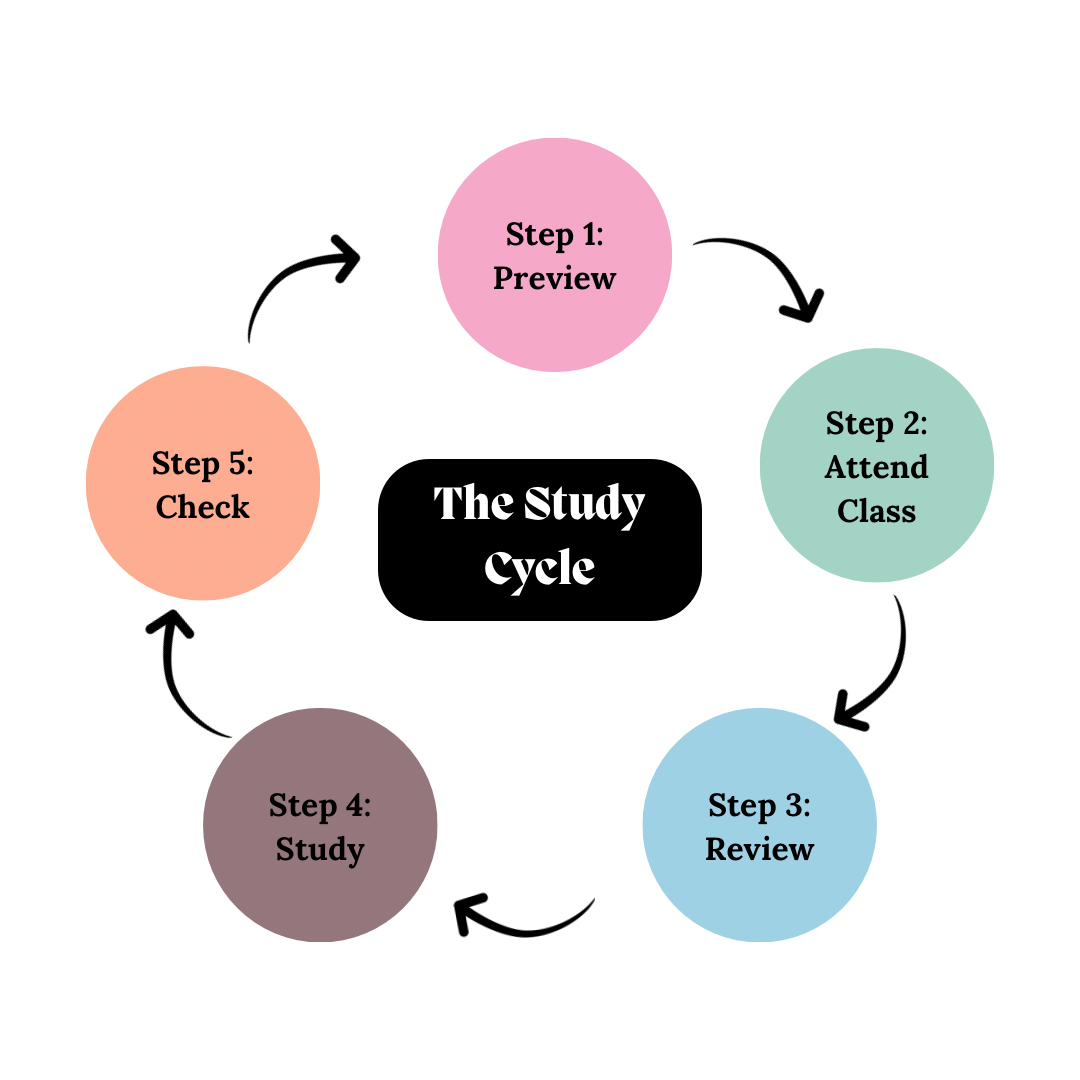
Google’s new privacy policyhas taken the individual user’s information into a single profile to target any person’s search results with advertising and services.
Google is taking the information it collects from a user and is now making it available across all its platforms. They have also simplified the policy to make it easier to read.
Dr. Nick Gerlich, department head and professor of Marketing, said this might surprise users.
“After searching Google, you may find an advertisement related to that search. Rather than their ads being targeted to a certain platform, they are now literally going across all platforms,” he said.Because of the data merge, Google is making more money. They made over $40 billion in sales last year because of direct marketing.
“Since Google is a free service, this lets them have the opportunity to better market more directly,” Gerlich said. “Google is essentially an advertising company and they say in the policy that they will show ads to the user.”
This policy update has caused some users to worry about what Google is doing to intrude on people’s private lives.
“People are hearing more about this new policy, which might be why some people are more concerned,” said Kris Drumheller, assistant professor of Communications. “Those who are aware of it already will not be fazed as much as those who are just now learning about it.”
Since the statement has been simplified, it should be easier for users to understand the new policies.
“People need to take the responsibility of reading these privacy statements,” Drumheller said. “I’ve gotten emails about the new policy and they have a website that explains it all. They are required by law to let us know what the policies are all about.”
All of these policies have already been in existence and they are now being relocated to one central location. A lot of the issues people have are search engines are being centralized around the users. Google has programs that will display data of what they think the user might want to see.
“Google is not trying to hide any information of what they collected,” Eli Godwin, a Computer Information Systems major, said.
A new search engine called “Stealth” came out last week, and this new search engine promises the exact opposite of what Google does. No tracking, no targeted ads, no saved searches, no recorded IP addresses and no cookies.
But this bears the question of how they are going to pay for this website if it’s free with no ads.
“From what I’ve read about Stealth, they will eventually start having ads on the site, but they are not going to be targeted,” Gerlich said.
Those who are uneasy about Google’s new policy can go to Stealth, advertisement-free. “Stealth is a good website from what I understand,” Godwin said. “Some people do not like being advertised to and Google actually has privacy settings where you can edit how much, if any, advertising you want as a user.”







